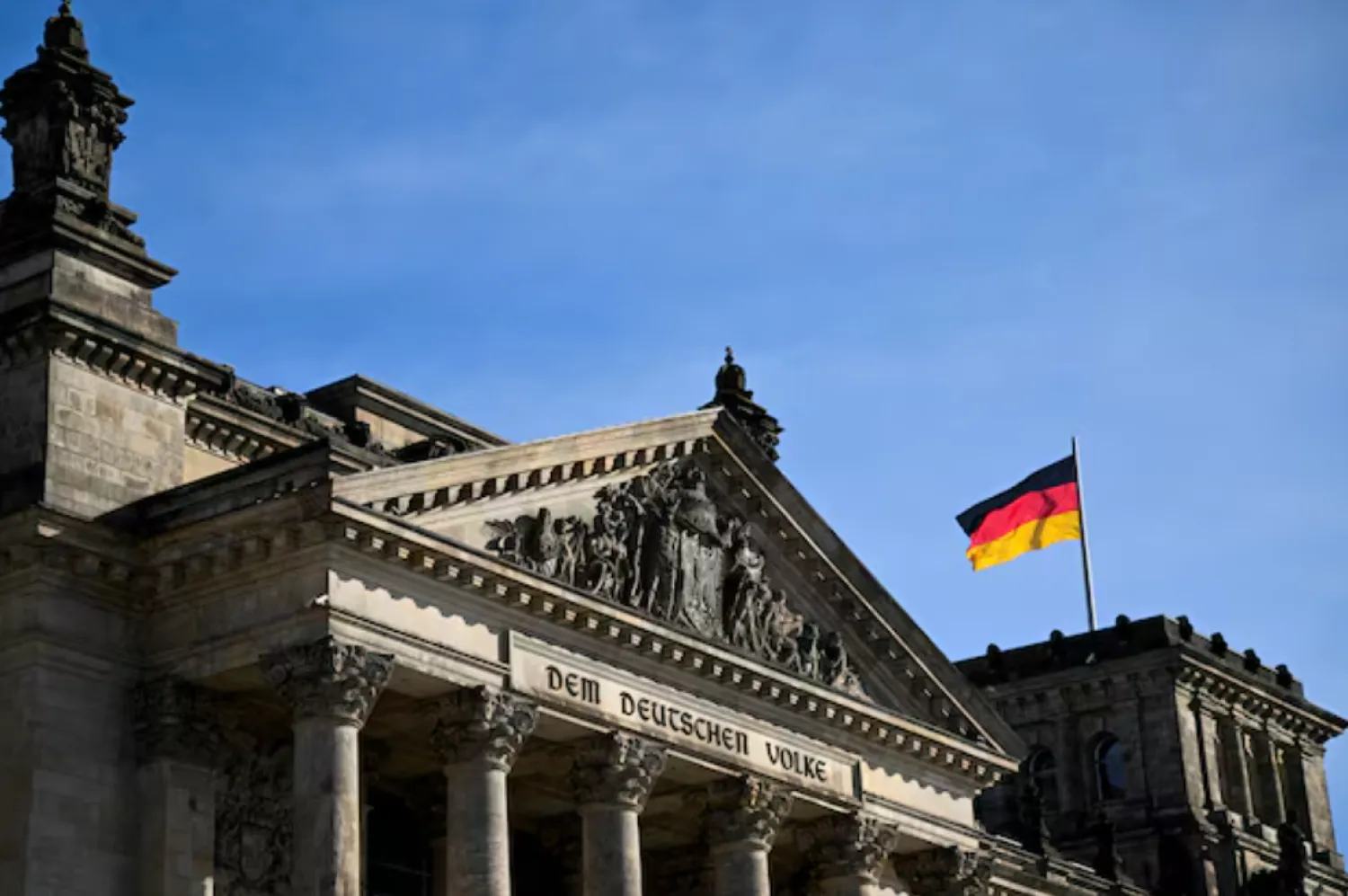Plans for Pope Francis to meet in June with Russian Orthodox Patriarch Kirill, who has backed Russia's war in Ukraine, have been suspended, the pope has told an Argentine newspaper.
Reuters reported on April 11 that the Vatican was considering extending the pope's trip to Lebanon on June 12-13 by a day so that he could meet with Kirill on June 14 in Jerusalem.
A Vatican source familiar with the planning for the Jerusalem stop said on Friday that it had been at an advanced stage, with even the location for the meeting chosen.
Francis told La Nacion in an interview that he regretted that the plan had to be "suspended" because Vatican diplomats advised that such a meeting "could lend itself to such confusion at this moment".
It would have been only their second meeting. Their first, in Cuba in 2016, was the first between a pope and a leader of the Russian Orthodox Church since the Great Schism that split Christianity into Eastern and Western branches in 1054.
Kirill, 75, has given his full-throated blessing for Russia's invasion of Ukraine, a position that has splintered the worldwide Orthodox Church and unleashed an internal rebellion that theologians and academics say is unprecedented.
The 85-year-old Francis has several times implicitly criticized Russia and President Vladimir Putin over the war, using terms such as unjustified aggression and invasion and lamenting atrocities against civilians.
Asked in the interview why he has never named Russia or Putin specifically, Francis was quoted as saying: "A pope never names a head of state, much less a country, which is superior to its head of state".
Putin, a member of the Russian Orthodox Church, has described Moscow's actions as a "special military operation" in Ukraine designed not to occupy territory but to demilitarize and "denazify" the country.
But Francis has specifically rejected that terminology, saying it was a war that has caused "rivers of blood".
Francis said earlier this month that he was considering a trip to Kyiv, telling reporters on the flight to Malta on April 2 that it was "on the table". He has been invited by Ukrainian political and religious leaders.
Asked in the Argentine interview why he has not gone so far, he said: "I cannot do anything that would jeopardize higher objectives, which are an end to the war, a truce or at least a humanitarian corridor. What good would it do for the pope to go to Kyiv if the war continues the next day?"









